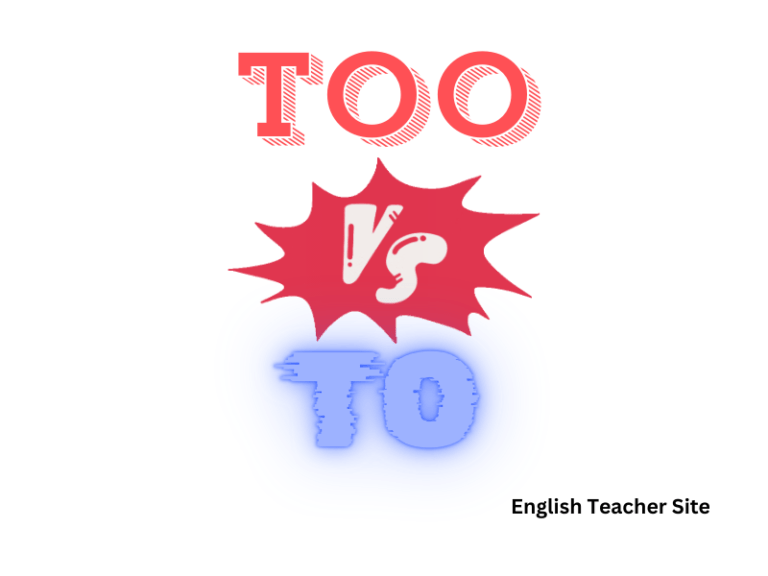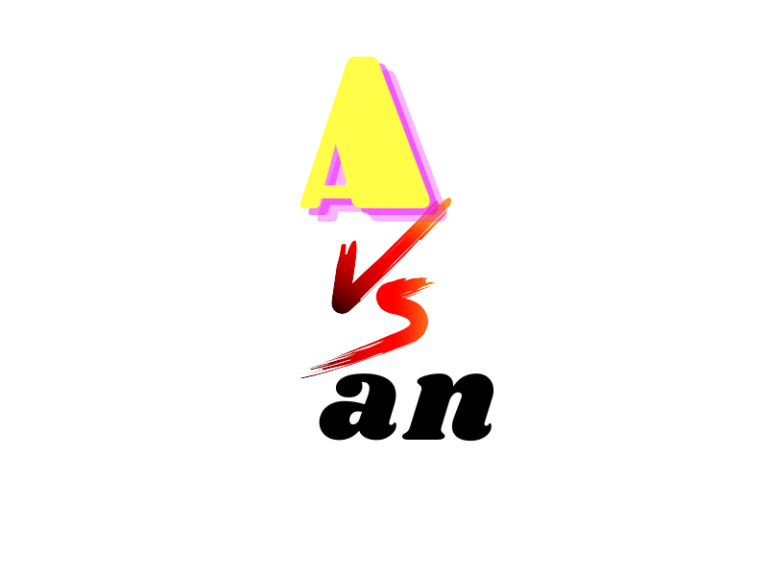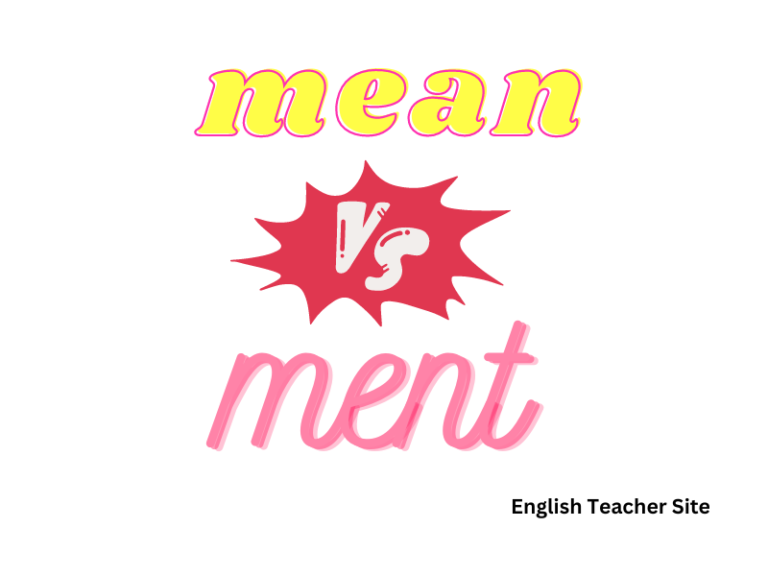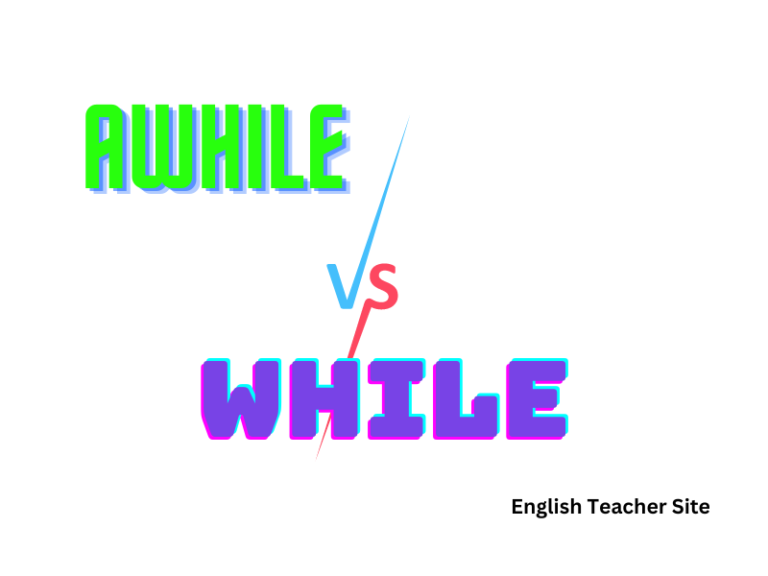Is It Flyer or Flier: Understanding the Correct Usage
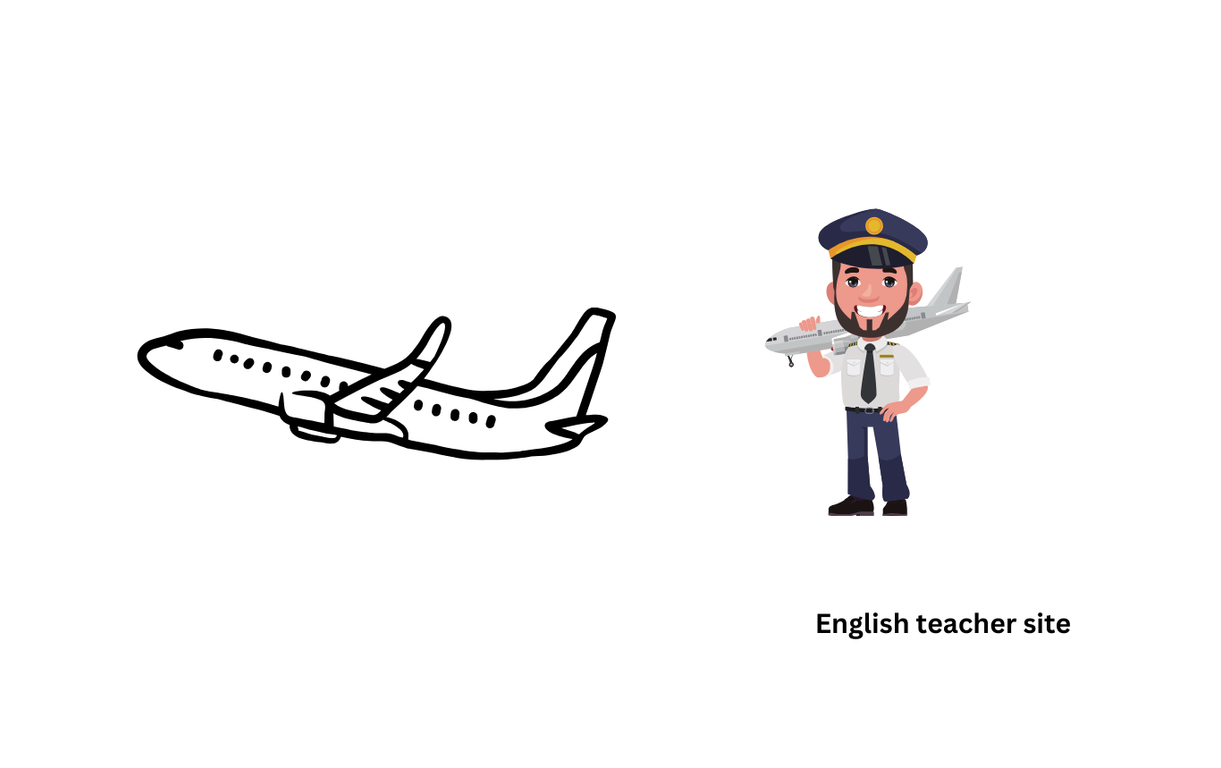
- “Flyer” is commonly used in American English for both an aviation passenger and promotional pamphlets.
- “Flier” is acceptable but less common, occasionally preferred in certain idiomatic expressions and regions.
- Understanding context and regional spelling preferences is crucial for proper usage of “flyer” and “flier.”
Understanding the differences between “flyer” and “flier” involves looking at historical usage, regional variations, and even stylistic choices by different publication houses. For instance, in British English, “flyer” is commonly used for the small handbills, while “flier” might be found in other contexts. The subtleties in spelling can reflect on the writer’s adherence to style guides, like the AP Style Guide or the preferences of specific industries such as aviation. With language evolving and style guides updating their recommendations, it’s important for writers to stay informed about current preferences to ensure correct usage in their work.
Is it flyer or flier – Which is correct?
Certain words can be spelled in more than one way while retaining similar meanings; such is the case with “flyer” and “flier.”
The term flyer is widely accepted in both American and British English as a noun that refers to a small handbill advertising an event, service, or other activities. It can also denote a person or object that flies. For example, an airline might refer to its customers as “frequent flyers,” emphasizing the ‘y’ spelling.
Flier, on the other hand, traditionally held the same meanings but was also considered the more Americanized spelling of the word. Nonetheless, usage has evolved, as with many English words, and certain style guides and institutions now have specific preferences.
| Spelling | Preferred Use |
|---|---|
| Flyer | Handbills, people who fly, pamphlet |
| Flier | Less common, Americanized spelling |
Using bullet point lists further clarifies these preferences:
Flyer:
- Advertising material
- Airline passengers
- Frequent Flyer programs
Flier:
- Often seen in phrases like “taking a flier” meaning taking a big risk
The nuances of these two spellings can also be discerned through the lens of style guides and professional contexts, which lean towards “flyer” for broader applications. It’s important to note, however, that while “flyer” might be the more prevalent form in the U.S., “flier” is still acceptable and preferred by certain organizations.
Exploring the Difference Between ‘Flyer’ and ‘Flier’
This section delves into the specifics behind each term, examining their definitions, usage across American and British English, and the contexts in which they are applied, backed by authoritative sources such as dictionaries and established style guides.
Definition and Meanings
The term flyer commonly refers to:
- A noun representing a person or thing that flies, particularly an aircraft pilot.
- A piece of paper with promotional content, intended for distribution.
Conversely, flier can signify:
- An aviator or someone who frequently travels by air.
- Occasionally used interchangeably with “flyer” especially in American English referring to handbills.
Usage in American and British English
In examining the spelling preferences:
- American English tends to favor ‘flier’ for a person who flies and sometimes for the paper handbill.
- British English is more consistent with using ‘flyer’ for both the person and the pamphlet definition.
Contextual Applications
The correct application often relies on the context, with ‘flyer’ typically used in:
- Advertising and business, promoting events or services.
- ‘Frequent flyer’ programs by airlines.
While ‘flier’ appears in contexts like:
- Describing a pilot or a person frequenting air travel in American publications.
Phrases & Sentences for flyer and flier
Some common phrases using these terms include:
- A business handed out flyers to advertise the launch event.
- The pilot is an experienced flier who navigates confidently.
Synonyms of flyer & flier
For ‘flyer’ as a pilot, synonyms could be aviator or pilot. Interestingly, ‘flier’ does not substantially differ in synonyms due to its overlapping use as another form of ‘flyer.
Synonyms of flyer & flier as in a pamphlet
As a pamphlet, both ‘flyer’ and ‘flier’ share synonyms such as:
- Handbill
- Leaflet
- Circular
Origin of flyer & flier
Etymology traces back to the Old English ‘flygere’, meaning something that flies. Over time, the terms diverged:
- ‘Flyer’ became rooted in the 14th-century Middle English.
- ‘Flier’ emerged with a similar meaning, and its acceptance in American English followed.
The distinction between ‘flyer’ and ‘flier’ embodies the fluidity and regional preferences within the English language. Adhering to the relevant dictionary and style guide specifications ensures communication is clear and stylistically appropriate, whether drafting a business handbill or describing a skilled pilot.
Source
Harper, Douglas. “Etymology of flyer.” Online Etymology Dictionary
“Take a flier.” Merriam-Webster.com Dictionary, Merriam-Webster
My name is Khamis Maiouf. I am the creator of the English Teacher Site, dedicated to providing valuable resources and insights for students around the world. With a passion for education and a commitment to helping students enhance their skills, I aim to make English teaching more effective and enjoyable for both educators and students.

